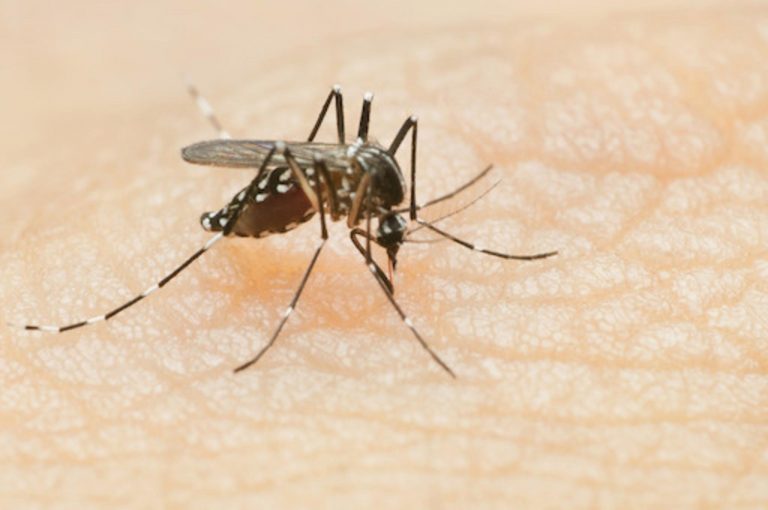It’s the time of year to pay attention to West Nile virus prevention

This is a high-risk time of year for West Nile Virus transmission. Activity in mosquitoes, humans, and animals typically peaks in the latter half of the summer. WNV is regularly found in the U.S. and birds serve as the primary host of the disease. The virus circulates between infected birds and mosquitoes.
Once infected, the mosquitoes can transmit the virus to horses or people. Infected horses cannot spread the virus to people or other horses. The virus can cause inflammation of the brain and spinal cord. Infected horses may or may not show neurological symptoms and may recover completely, especially those who have a history of annual vaccination.
All suspected cases and non-negative test results for West Nile Virus disease in animals must be reported to the Board of Animal Health. In addition to vaccinations, horse owners can reduce environmental risks of mosquito borne illnesses by reducing mosquito populations:
Mow long grass.
Remove items mosquitoes use for breeding grounds, like old tires and tin cans.
Drain stagnant water puddles.
Change water in drinking troughs every week.
Place and maintain screens over windows and stable doors.
Use mosquito repellents to protect horses and people from mosquito bites.



